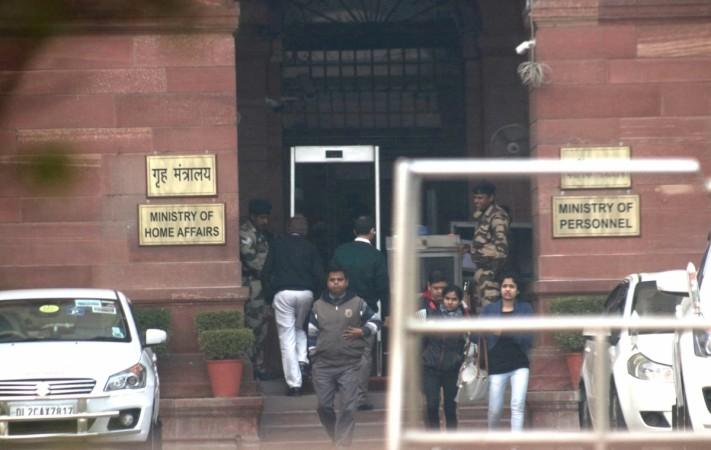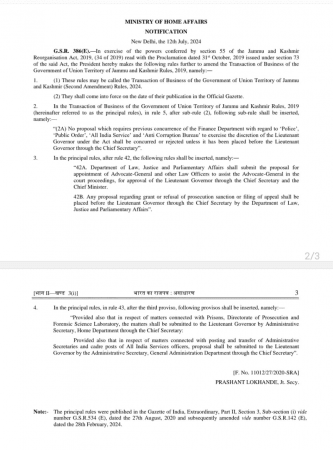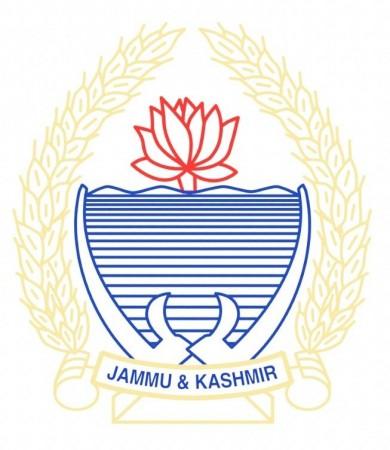
In a significant development, the Union Ministry of Home Affairs (MHA) has introduced amendments to the Rules of business for the Jammu and Kashmir Union Territory. These changes impact the process of transferring Administrative Secretaries and All India Services (AIS) officers.
The amendments in the Business of Jammu and Kashmir Rules, 2019 were carried out by the MHA on Friday to give more powers to the Lieutenant Governor and the Chief Secretary of the Union Territory.

As per the amendments, all proposals regarding the transfer of Administrative Secretaries and All India Services officers will be submitted to the Lieutenant Governor by the Administrative Secretary General Administration Department through the Chief Secretary
All proposals related to the transfer of Administrative Secretaries and AIS officers will now be submitted to the Lieutenant Governor by the Chief Secretary.
Specifically, matters connected with the posting and transfer of Administrative Secretaries and cadre posts of AIS officers will follow this submission process.
Proposals concerning police, public order, All India Services, and the Anti-Corruption Bureau (ACB) will require approval from the Lieutenant Governor before concurrence or rejection. Almost all significant proposals will now pass through the Chief Secretary to reach the Lieutenant Governor.

Lieutenant Governor will get more power.
Currently, the Lieutenant Governor holds authority in the absence of the Legislative Assembly in Jammu and Kashmir.
However, these amendments will gain even greater importance once an elected government is established in the Union Territory, led by the Chief Minister.
The Department of Law, Justice, and Parliamentary Affairs will submit proposals for the appointment of the Advocate-General and other Law Officers.
These appointments will assist the Advocate-General in court proceedings and require approval from both the Lieutenant Governor and the Chief Minister.
Enhanced powers for Chief Secretary
The Chief Secretary now wields significant powers due to the latest amendments. Proposals that fall under the Lieutenant Governor's discretionary authority, requiring prior concurrence from the Finance Department, must be placed before the Lieutenant Governor through the Chief Secretary.
Any proposal related to the grant or refusal of prosecution sanction or filing of appeals will be presented to the Lieutenant Governor via the Chief Secretary of the Department of Law, Justice, and Parliamentary Affairs.
Additionally, proposals concerning the Prisons, Directorate of Prosecution, and Forensic Science Laboratory will follow a similar submission process.
"No proposal which requires the previous concurrence of the Finance Department with regard to 'Police' 'Public Order', 'All India Service' and 'Anti-Corruption Bureau' to exercise the discretion of the Lieutenant Governor under the Act shall be concurred or rejected unless it has been placed before the Lieutenant Governor through the Chief Secretary," the amendments reads.
"Any proposal regarding grant or refusal of prosecution sanction or filing of an appeal shall be placed before the Lieutenant Governor through the Chief Secretary by the Department of Law, Justice, and Parliamentary Affairs," read the MHA's notification.

















